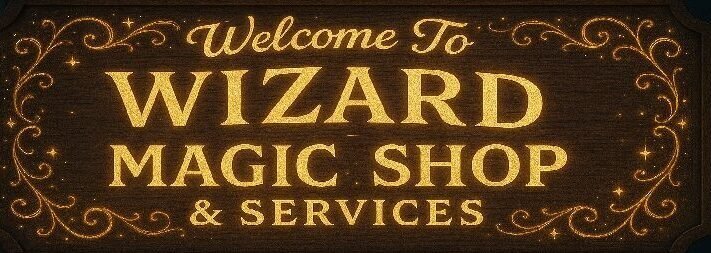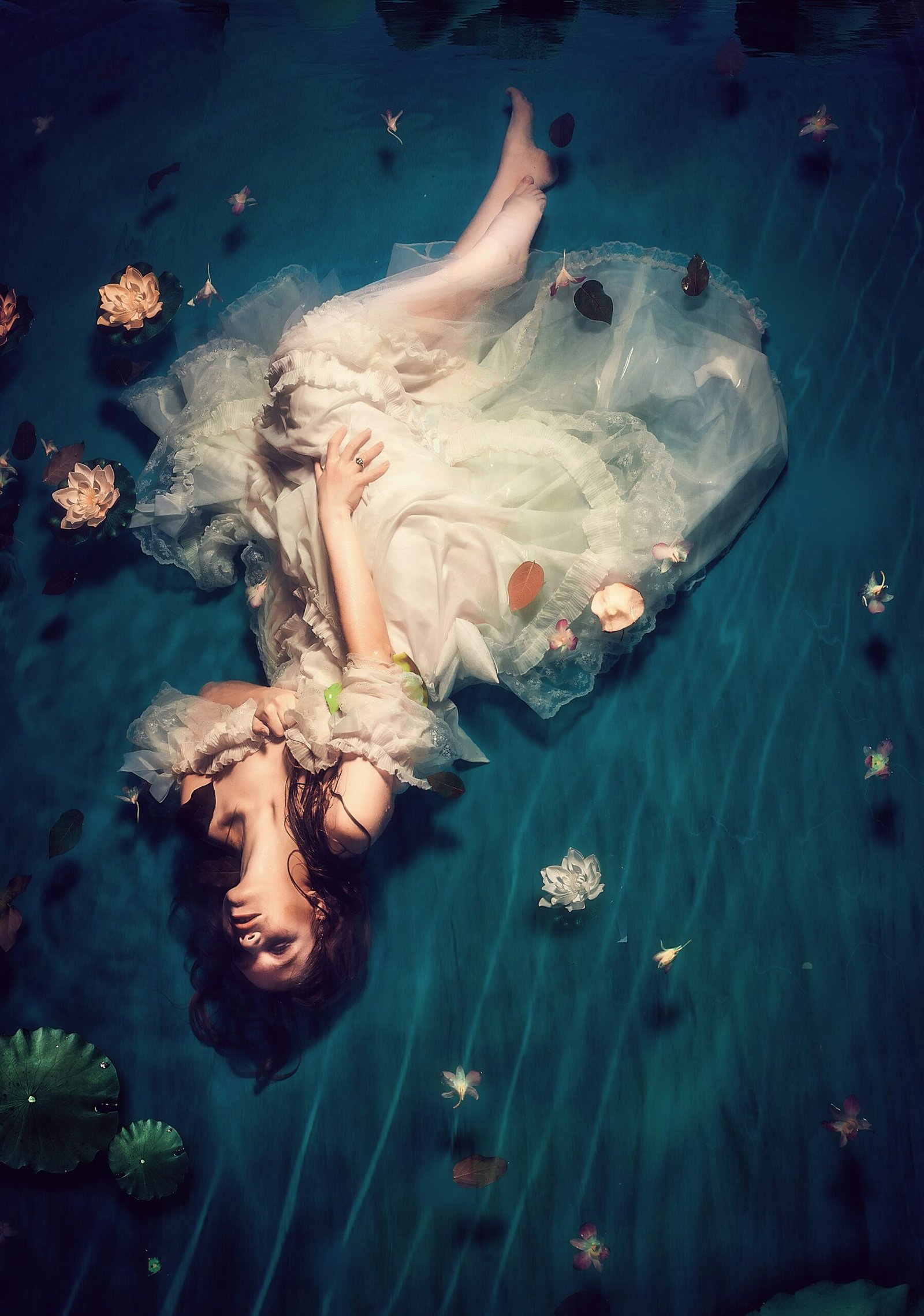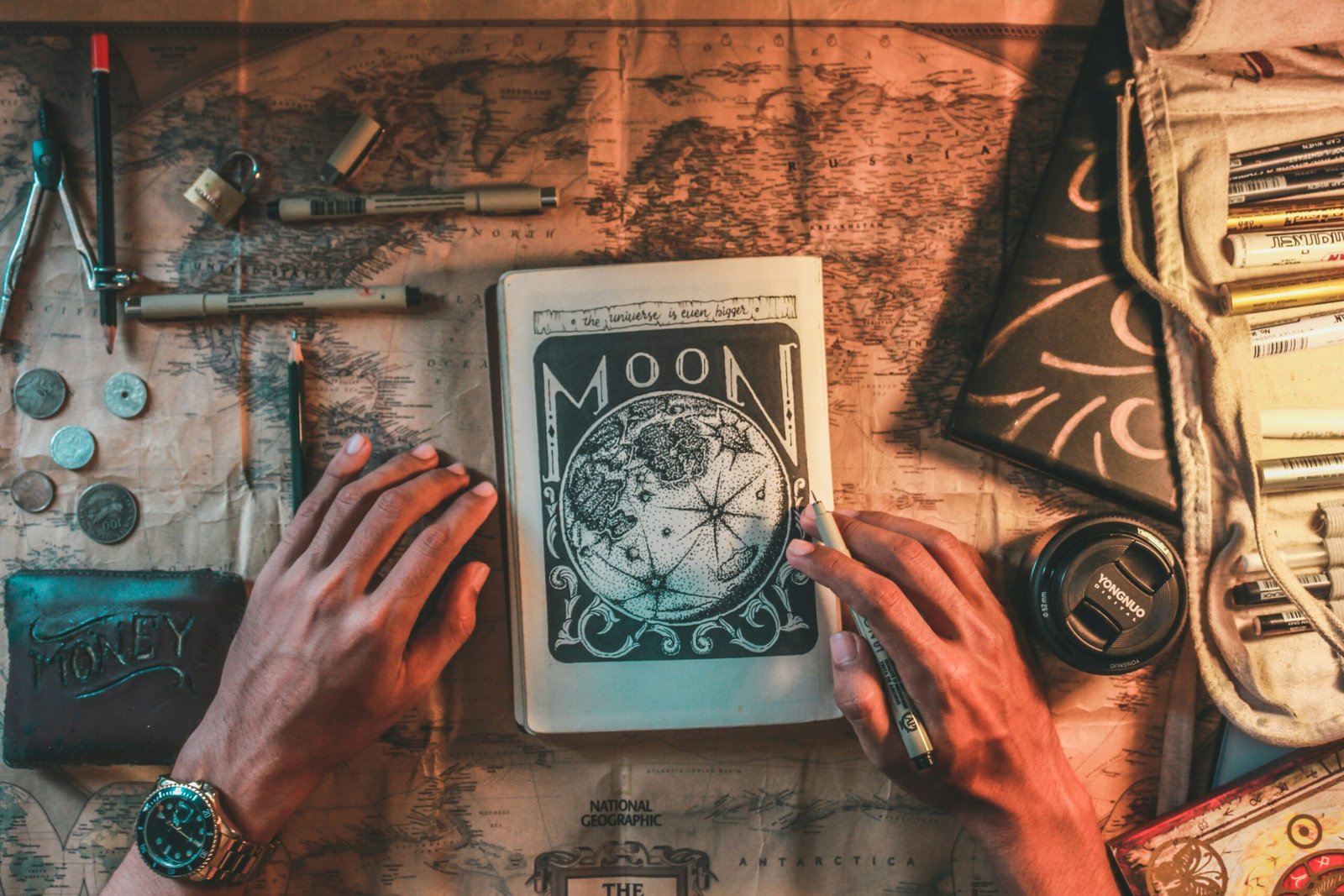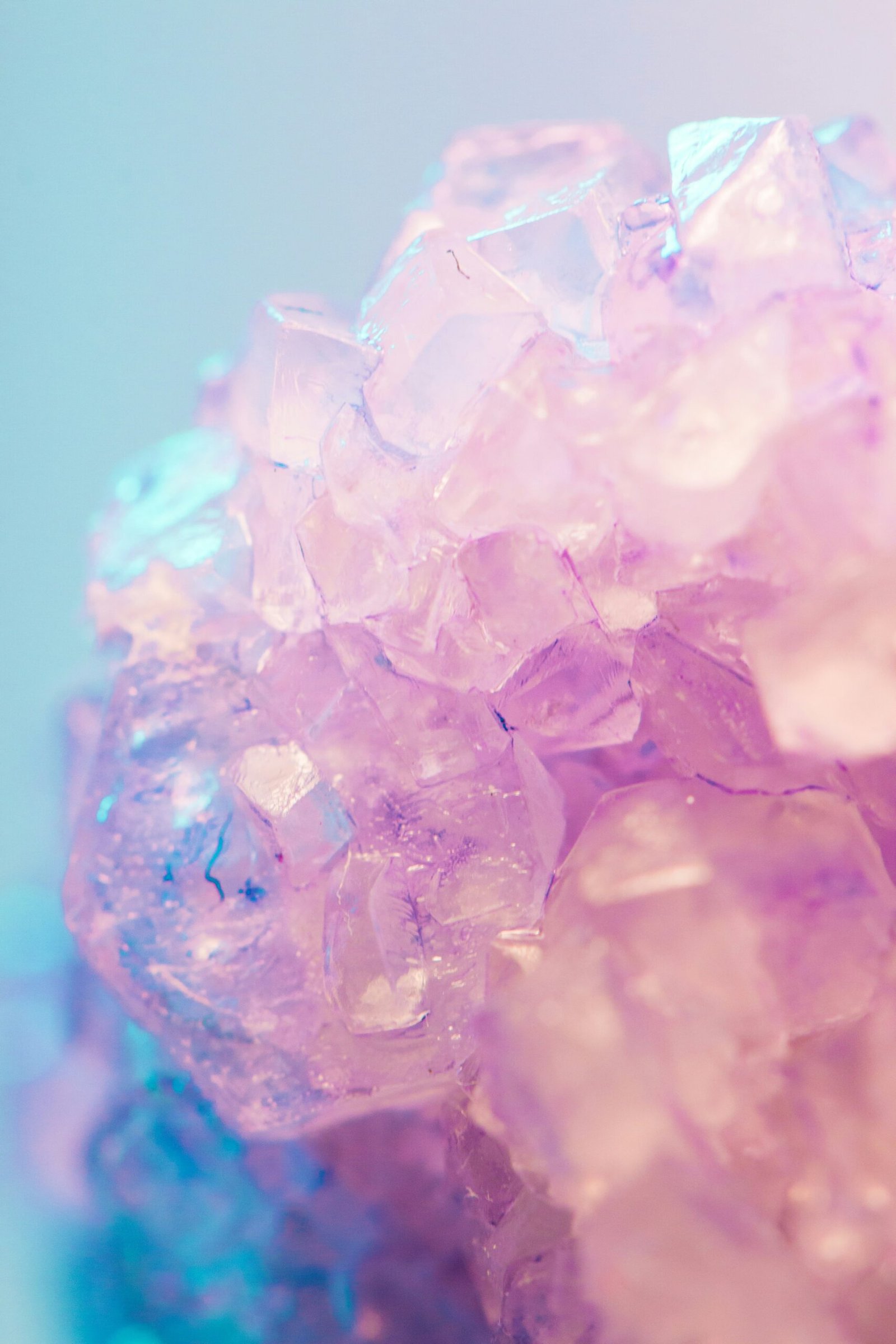A History of Magic on Television Over the Years
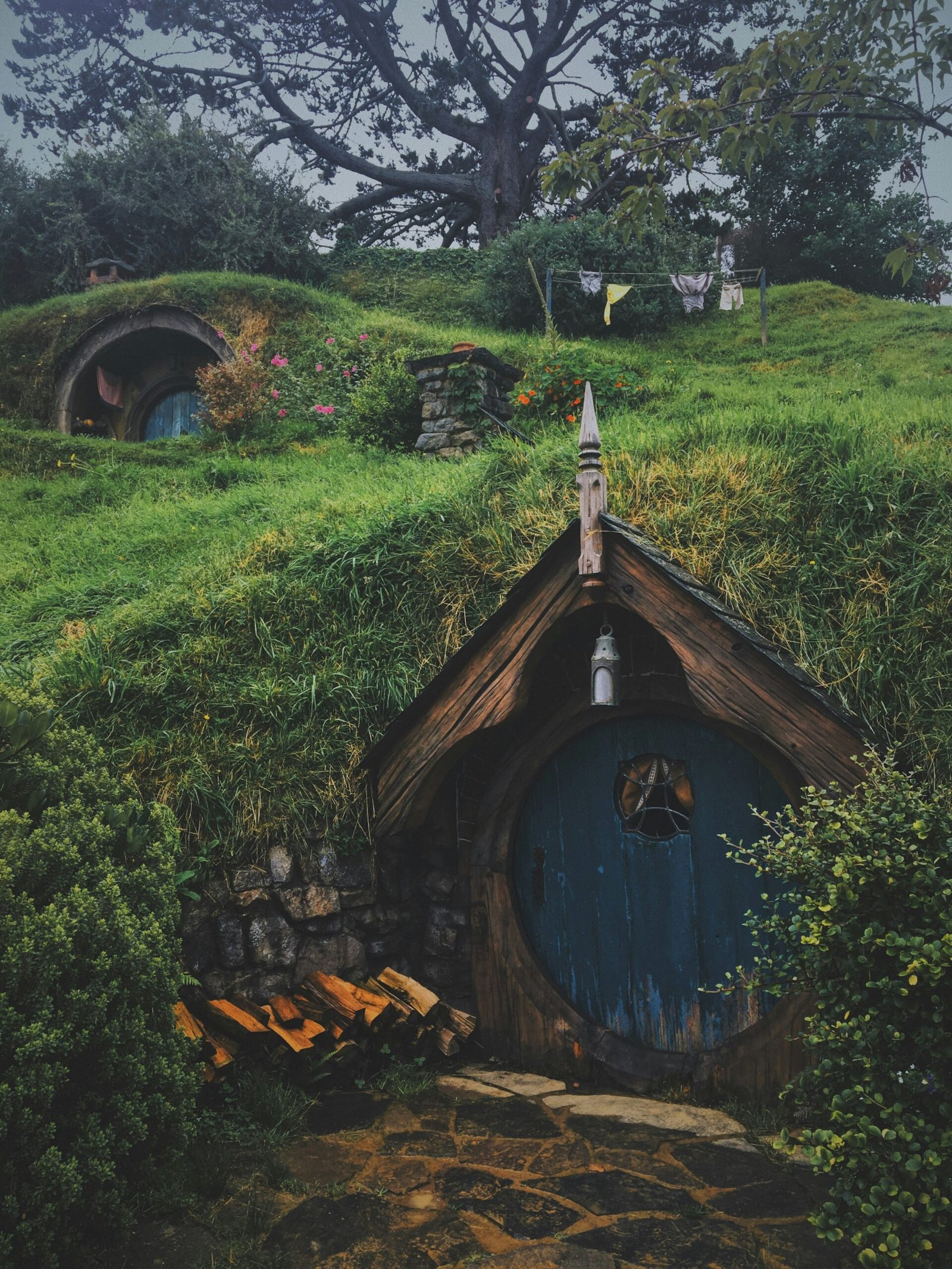
Photo by <a href="https://unsplash.com/@jeff_finley" rel="nofollow">Jeff Finley</a> on <a href="https://unsplash.com/?utm_source=hostinger&utm_medium=referral" rel="nofollow">Unsplash</a>
The world of magic has always fascinated and captivated audiences throughout history. From ancient times to the modern era, magic has been a source of wonder and entertainment. While magic shows have been performed live for centuries, the advent of television brought a new dimension to the art form. In this blog post, we will explore the history of magic on television over the years.
The Early Days of Magic on Television
The first televised magic performances can be traced back to the 1950s when television was still in its infancy. Magicians such as Mark Wilson and John Calvert were among the first to bring their acts to the small screen. These early performances showcased classic tricks like card manipulation, disappearing acts, and mind reading.
One of the most iconic magicians of this era was Harry Blackstone Sr., who became a household name with his popular television specials. Blackstone’s performances featured grand illusions, elaborate stage sets, and a touch of theatricality that captivated audiences.
The Golden Age of Magic on Television
The 1970s and 1980s marked the golden age of magic on television. It was during this time that magic shows gained widespread popularity and became a staple of primetime programming. One of the most influential magicians of this era was Doug Henning.
Doug Henning’s television specials, such as “The Magic Show” and “Doug Henning’s World of Magic,” brought a fresh and contemporary approach to magic. Henning’s performances combined illusions, storytelling, and a sense of wonder that appealed to audiences of all ages.
Another notable magician of this era was David Copperfield. Copperfield’s television specials, like “The Magic of David Copperfield,” became highly anticipated events. Copperfield pushed the boundaries of magic with his innovative illusions, including making the Statue of Liberty disappear and walking through the Great Wall of China.
Magic in the Modern Era
In recent years, magic on television has continued to evolve and adapt to the changing landscape of entertainment. One of the most significant developments has been the rise of reality competition shows featuring magicians. Shows like “Penn & Teller: Fool Us” and “America’s Got Talent” have provided a platform for aspiring magicians to showcase their skills and compete for recognition.
Additionally, streaming platforms like Netflix have brought magic into the homes of millions of viewers worldwide. Magicians such as Derren Brown and Justin Willman have gained popularity through their Netflix specials, which combine magic with psychological illusions and comedic elements.
Furthermore, social media platforms like YouTube and Instagram have allowed magicians to reach a global audience with their captivating performances. Magicians like Shin Lim and Collins Key have amassed millions of followers and become internet sensations with their visually stunning tricks.
The Future of Magic on Television
As technology continues to advance, the future of magic on television holds endless possibilities. Virtual reality and augmented reality could revolutionize the way magic is experienced, allowing viewers to interact with illusions in ways never before possible.
Furthermore, advancements in CGI and special effects could enhance the visual impact of magic performances, creating even more breathtaking illusions. However, it is important to note that the essence of magic lies in the live performance and the element of surprise, which may be challenging to replicate in a digital format.
In conclusion, the history of magic on television has seen the art form evolve and adapt to the changing times. From the early days of simple card tricks to the grand illusions of today, magic on television continues to captivate audiences around the world. Whether it’s through reality competition shows, streaming platforms, or social media, magic has found new ways to mesmerize and inspire viewers. The future of magic on television is sure to be filled with innovation and wonder, as magicians continue to push the boundaries of what is possible.
